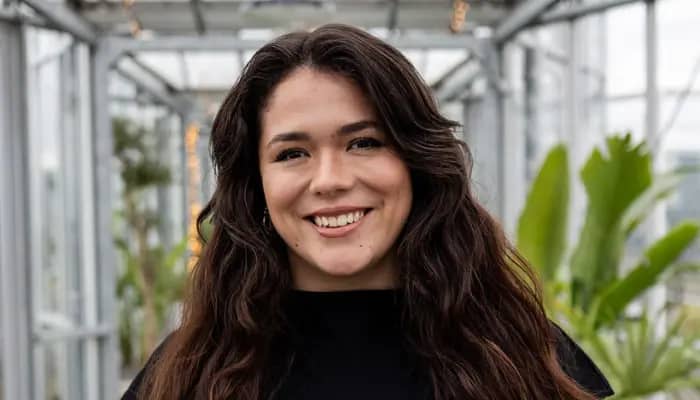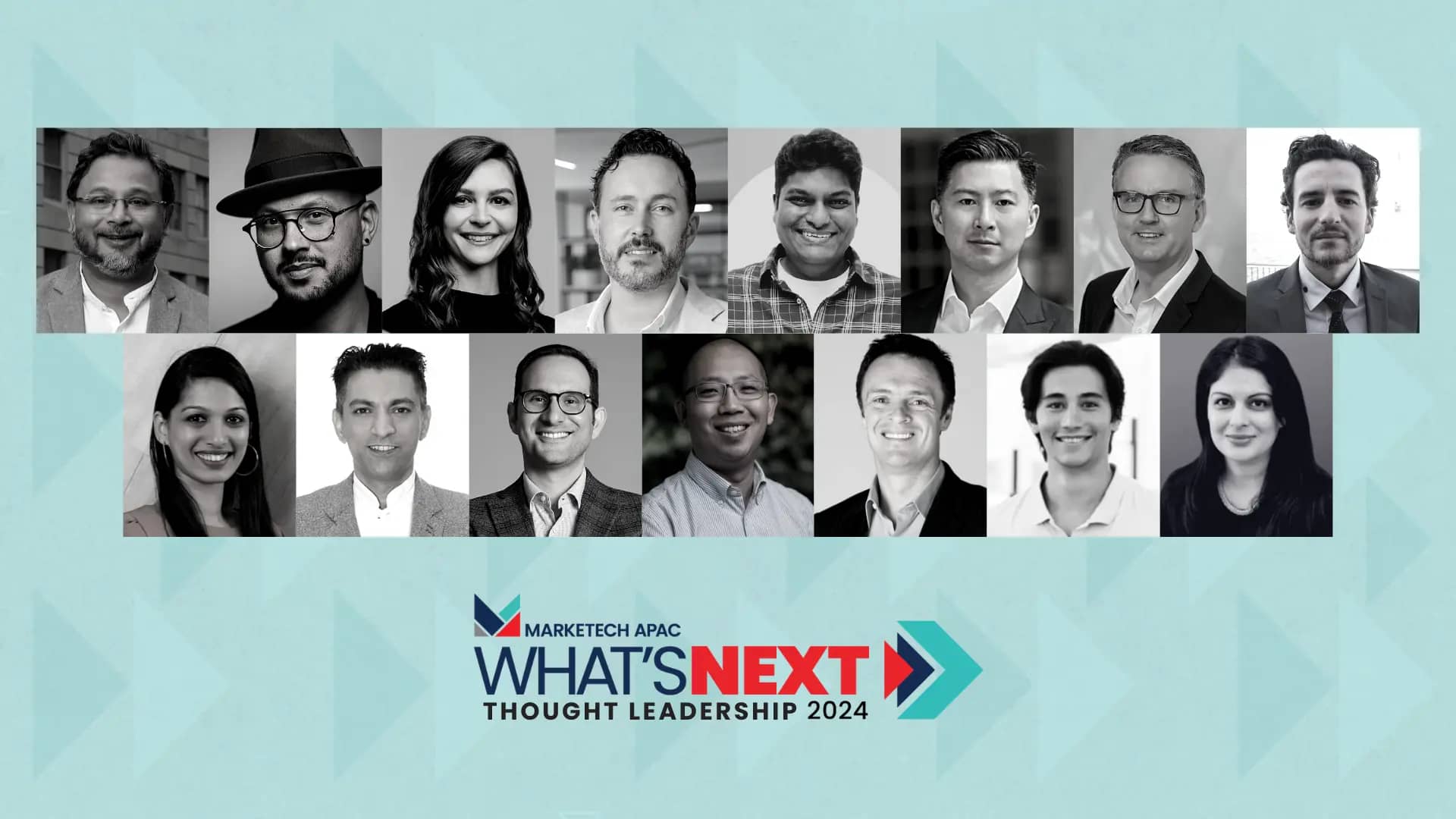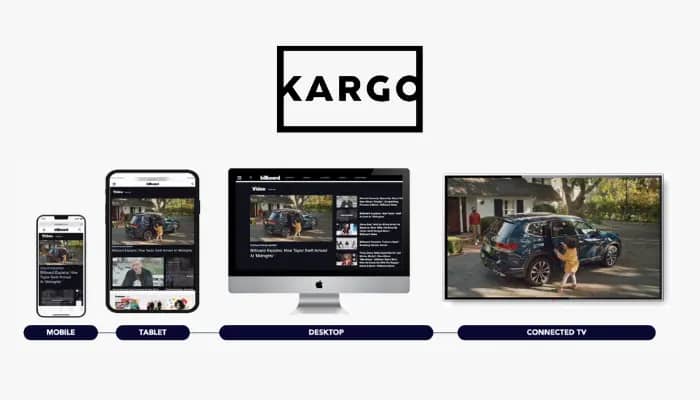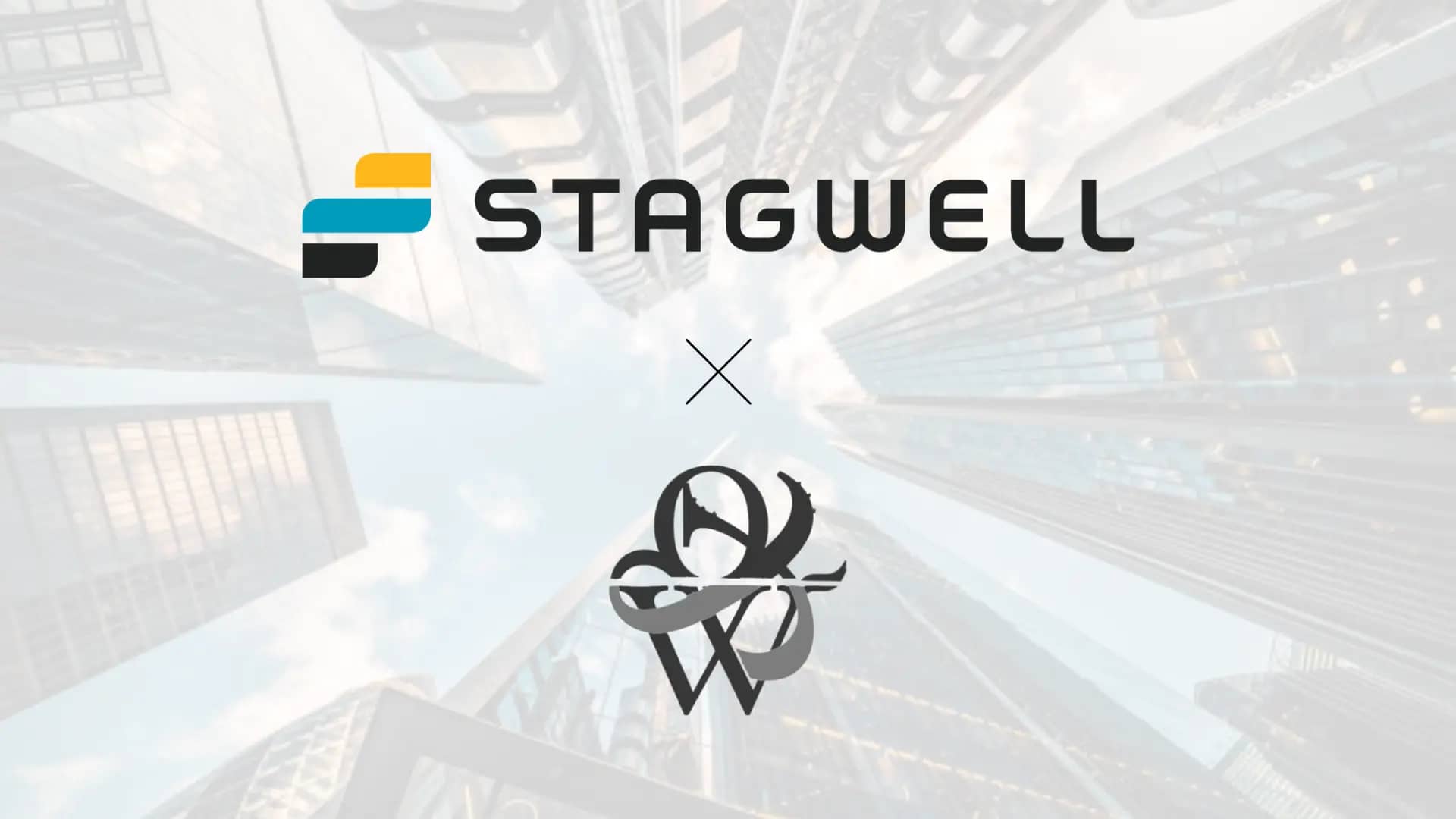With 2024 now in its early full swing, the contours of the marketing landscape in Asia-Pacific are being reshaped by a confluence of factors ranging from emerging technologies to shifting consumer behaviours and evolving regulatory frameworks.
In this era of digital acceleration and heightened connectivity, the very fabric of marketing is undergoing a profound evolution, where traditional boundaries are blurred, and new frontiers beckon. As brands endeavour to navigate this intricate web of opportunities and challenges, the imperative to anticipate and adapt to the evolving needs and preferences of consumers has never been more compelling.
As part of MARKETECH APAC’s “What’s NEXT”, our dedicated thought leadership series is back–unravelling the threads of innovation, cultural nuance, and strategic foresight that weave together the tapestry of this diverse and dynamic marketplace. From the importance of artificial intelligence (AI) to both creative and enterprise uses, to familiarisation of data-driven strategies amidst the privacy-centric advertising era on the horizon, these are the insights various industry marketing leaders have shared to push forward the regional marketing scene further into 2024 and beyond.
Check out the initial line-up of published insights by marketing leaders under the series:
For our inaugural What’s NEXT thought leadership piece, Sudipto Das, Vice President, Advertiser Solutions, APAC at PubMatic, shared his thoughts on the future of programmatic supply chain, which means rethinking the supply chain which in turn will create new opportunities for differentiation and value creation for the industry. Check out the full article here for more insights.
In this piece by Billy Loizou, Area VP, APAC, Amperity, he notes how executives who genuinely buy into the process of digital transformation are more likely to facilitate change effectively and communicate its benefits to their teams. Check out his byline here on how these priorities are essential for guiding organisations toward a successful and adaptive future.
From free ad streaming TV’s (FAST) exponential growth to the impact of AI in advertising, check out this comprehensive byline here from various industry leaders from Nexxen and read some of their insights at some strategic shifts poised to define the year ahead.
This byline from Jennie Johnson, Head of Marketing, GrabAds, details how brands in Southeast Asia can effectively serve as the ideal companion travellers need in their pursuit of an authentic, superior travel experience – both right now and in the future. Check out her byline here.
From the long-anticipated shift from third-party cookies to first-party data to the harnessing of AI and the evolution of e-commerce, these are the trends that will help shape the future of brand connection, according to this byline from Harley Ramien, Director for Asia Pacific at Bonzai.
Sathya Anand, Digital Strategy Director at Iris Singapore, shares his actionable insights in this piece here on how CMOs and marketing leaders must step back, create a martech framework that works for them and be the person to champion it at their organisation.
Marketers who have spent years trying to ‘win’ the organic search engine visibility game may feel understandably crestfallen by this latest disruption, and have to adapt and innovate their search marketing strategies once again to meet a new set of parameters. Worry no more, because Gary Cheung, General Manager of NP Digital Hong Kong & Taiwan offers his actionable insights to win online search this year in this piece.
For Matt Tindale, Head of Enterprise APAC, LinkedIn Marketing Solutions, LinkedIn, the future of work that B2B marketers should note of, ranging from the implementation of AI across enterprises, the continued importance of measurement framework, and focusing on more human-centric approaches in building consumer trust. Check out his insights here.
In this byline from Killian Menigot, Senior Production Manager, Tokyo, Nexxen Studios, shares the various benefits of data-driven, in-stream video ads for publishers and advertisers. Check out the article here to learn more about how these types of ads not only offer publishers a robust tool for monetisation but also pave the way for viewers to experience advertising that is both engaging and tailored to their preferences.
With AI now being used to improve every aspect of DOOH advertising, from targeting and personalisation to creative development and measurement, Divya Acharya, Vice President, Solutions Design & Development & Marketing Science, APAC, at GroupM Nexus, shares how ambitions of the AI-focused businesses being formed today will likely drive this growth in the years to come in her piece here.
On this piece by Shahid Nizami, VP, Sales, APAC at Braze, he imparted advice for marketers on how effectively tapping into the power of first-party data starts with creating a unified customer view, as well as how data agility enables a brand’s data to move at the speed of its business. Check out more of his insights here.
Amidst a relentless expansion of digital platforms and the ever-evolving landscape of consumer behaviours have escalated the battle for attention, compelling brands need to redefine their marketing strategies and carve out distinctive identities. Shant Oknayan, Vice President, Asia, Oceania & Africa, TikTok Global Business Solutions, imparts his insights on encouraging brands to instil a creative bravery mindset in their modern marketing strategies this year. Learn more of his advice here.
While consumers’ needs have not undergone drastic shifts, the evolving dynamics of how retailers meet these consumer needs constitute a dynamic blend of art and science. For Lee Soon Yean, Country Manager, Malaysia, Adyen, adaptability is key for long-term success in the ever-changing retail landscape. Check out more of his retail-centric insights in this piece here.
In this piece from Jonathan Reeve, Vice President APAC, Eagle Eye, he imparts actionable insights on how the subscription-based model, despite its continuing popularity, its competitive edge will come from brands that efficiently and effectively execute it in partnership with specialised and experienced solutions providers who excel at optimising these programs. Check out his detailed insights on the topic on his byline here.
While most advertisers think about third-party cookies in the context of targeting, they are used across a variety of tools that span data collection, audience segmentation, data onboarding, and, most importantly, measurement. For Peter Ibarra, Head of Adtech Solutions, Amperity, brands that have left the cookie-centric environment are experiencing a competitive advantage and will continue to do so since most of the industry has not shifted their reliance on 3P cookies. Learn more about this in his byline here.
Taj Samson, Executive Director, Brand Performance, APAC, Landor, shared how a strategic and comprehensive implementation process, following the outlined steps, enables organisations to navigate the data deluge purposefully, ensuring valuable insights translate into tangible improvements and sustained success in the dynamic world of marketing. Learn more of how marketers can navigate the sea of data in this piece here.
‘What’s NEXT 2024 Thought Leadership Series’ is part of the ‘What’s NEXT 2023-2024 Series’, which gathers marketing and industry leaders in APAC to share their marketing insights and predictions for the upcoming year. If you would like to be a part of this initiative, please reach out to us at [email protected].










